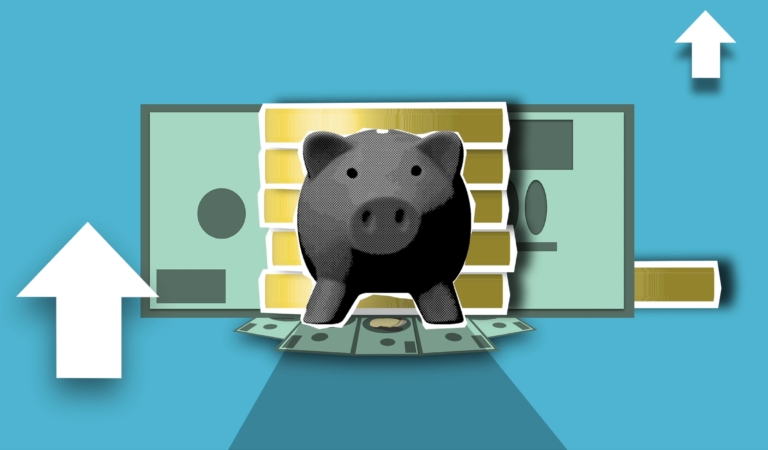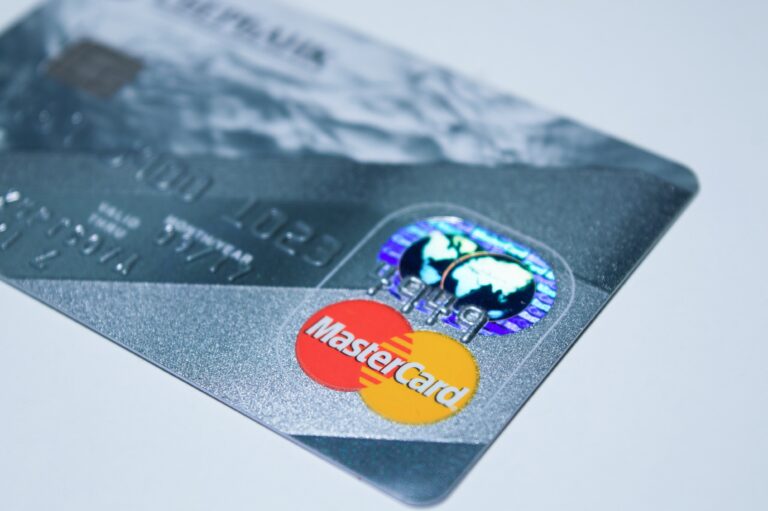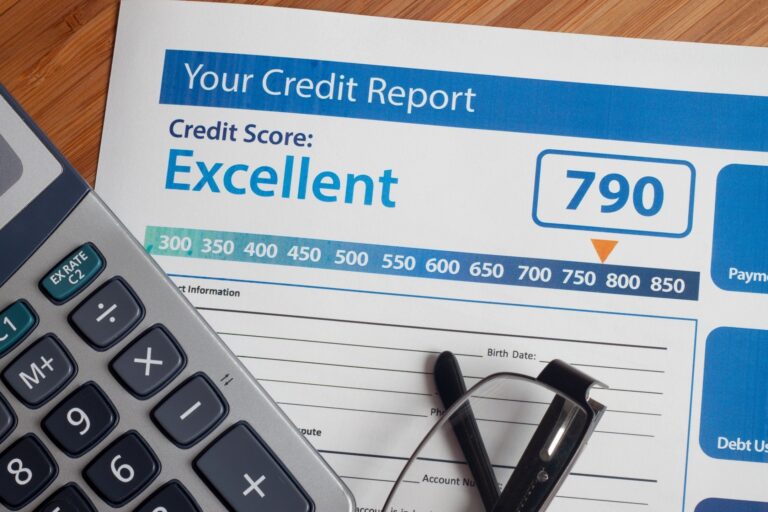Credit is a powerful financial tool that enables individuals to obtain funds for purchases beyond their immediate financial means. However, not all forms of credit carry equal weight. Various types of credit have differing effects on your credit score, which can influence your eligibility for future credit opportunities such as loans and credit cards.
In this article, we’ll delve into the various types of credit and their impact on your credit score to help you make informed decisions regarding your financial well-being.
Types of Credit
There are several types of credit available to consumers. Revolving credit, such as credit cards, allows you to borrow up to a certain limit and pay back the balance each month. Installment credit, such as car loans or mortgages, is a set amount borrowed and paid back over time with interest. Open credit, such as a line of credit, allows you to borrow and repay as needed within a specific limit. Each type of credit has its own advantages and disadvantages, and it’s important to understand them to make informed decisions about your finances.
Revolving Credit
Revolving credit is a flexible type of credit that permits you to borrow up to a designated credit limit. You can use as little or as much of this credit as you need and only accrue interest on the borrowed amount. Credit cards are a typical example of revolving credit. Responsibly using your credit card by making timely payments can aid in enhancing your credit score. Nevertheless, reaching your credit limit and missing payments can have an adverse impact on your credit score. Be mindful of your credit card usage to maintain a healthy credit score.
Installment Credit
Installment credit is a form of credit that involves borrowing a predetermined amount of money and repaying it in equal monthly payments over a set duration. Car loans, mortgages, and personal loans are all common examples of installment credit. Consistently making on-time payments on your installment loans can help enhance your credit score, while failing to make payments or defaulting on loans can damage your credit score. Be sure to make your installment loan payments on time to maintain a favorable credit score.
How Can I Improve My Credit Score?
Improving your credit score is an essential aspect of financial stability and opens the door to various financial opportunities. Although credit repair can be a complex process, there are numerous strategies you can employ to elevate your credit standing. Here, we outline some effective methods for boosting your credit score:
Timely Payments
Your payment history is the single most crucial factor in determining your credit score. Ensure that you pay all your bills on time, including credit card dues, loans, and utilities. Setting up automatic payments or reminders can help you stay on track and avoid late payments.
Credit Utilization
Credit utilization refers to the percentage of available credit you’re currently using. Maintaining a low credit utilization ratio (preferably below 30%) can significantly improve your credit score. You can achieve this by paying off balances, reducing expenses, and requesting a credit limit increase.
Diversify Credit Types
Having a diverse mix of credit, such as installment loans and revolving credit, can positively impact your credit score. Responsibly managing multiple types of credit showcases your ability to handle various financial commitments.
Limit Hard Inquiries
Each time you apply for new credit, a hard inquiry is recorded on your credit report, which can negatively affect your score. Only apply for new credit when necessary, and space out applications to minimize the impact on your credit score.
Monitor Credit Reports
Regularly review your credit reports for errors or inaccuracies, and dispute them with the respective credit bureau if necessary. An accurate credit report ensures that your credit score is a true reflection of your financial behavior.
Maintain Old Accounts
The length of your credit history plays a significant role in your credit score. Keeping older accounts open, even if you don’t use them frequently, can boost your credit score by demonstrating a long, stable credit history.
Seek Professional Help
If you’re struggling to improve your credit score, consider working with a credit counseling agency. They can help you create a personalized debt management plan and provide guidance on rebuilding your credit.
How Long Does Negative Information Stay On My Credit Report?
Negative information such as missed payments, collections, and bankruptcies can stay on your credit report for up to seven years. Discover how to improve your credit score today by reading our credit repair article.
How Often Should I Check My Credit Report?
It’s important to check your credit report annually to identify any errors or fraudulent activities. You can check your credit report for free at AnnualCreditReport.com, a website that provides consumers with a credit report from Equifax, Experian, and TransUnion, once every 12 months. By checking your credit report regularly, you can ensure that your financial information is accurate and detect any potential identity theft or fraud. Be proactive and check your credit report today at AnnualCreditReport.com.
The Bottom Line
Understanding the different types of credit and their impact on your credit score is essential for maintaining good financial health. By using credit responsibly and making timely payments, you can improve your credit score and increase your chances of getting approved for future loans and credit. Remember to keep your credit utilization low, avoid opening too many new credit accounts at once, and check your credit report regularly for errors or fraudulent activity.









